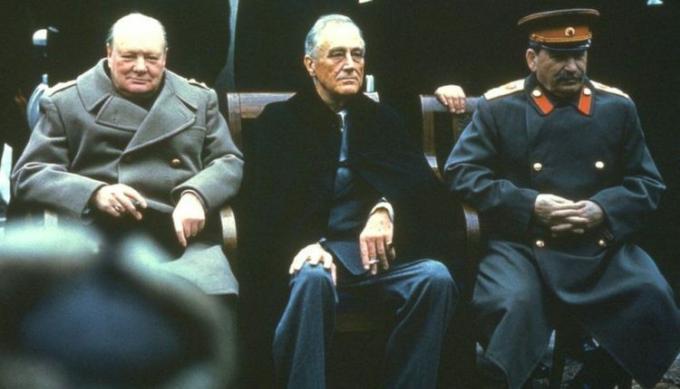Saint Augustine, also known as Augustine of Hippo, was one of the main philosophers Christians in the history of mankind.
He played an important role in ecclesiastical activity during the transition from Old age to the Middle Ages.
Formed in the context of the Greco-Roman intelligentsia and contemporary of the fall of the Roman Empire, St. Augustine interpreted history from the christianity, an essential fact for understanding how the Christian view of history was different compared to classical conceptions.
The Theology of St. Augustine's History
His books narrated his vision of history strongly marked by Catholic church and by the influence of Neoplatonic philosophy. His main works were God's city, about the trinity and Confessions.
- Free Online Inclusive Education Course
- Free Online Toy Library and Learning Course
- Free Online Math Games Course in Early Childhood Education
- Free Online Pedagogical Cultural Workshops Course
St. Augustine, inspired by Christianity, understood time under the representation of the Cross, that is, time is traversed by eternity that manifests itself with the coming of Christ.
According to this view, time is fleeting and the world has an end. For Augustine, time and the world were created together by God—who does not follow time, as he is eternal.
For the theology of history of St. Augustine, destiny must be understood from the history of salvation, as for the Jewish and Christian tradition, who believe that the Creator planned the entire meaning of creation, represented by Genesis to the Apocalypse.
For Augustine, the pagan doctrine was not to be followed, as it lacked the Christian virtues associated with future time and belief in eternity.
Learn more at:
- Manichaeism
- Medieval Philosophy
- 10 Philosophers who marked the world
- patristic
The password has been sent to your email.



